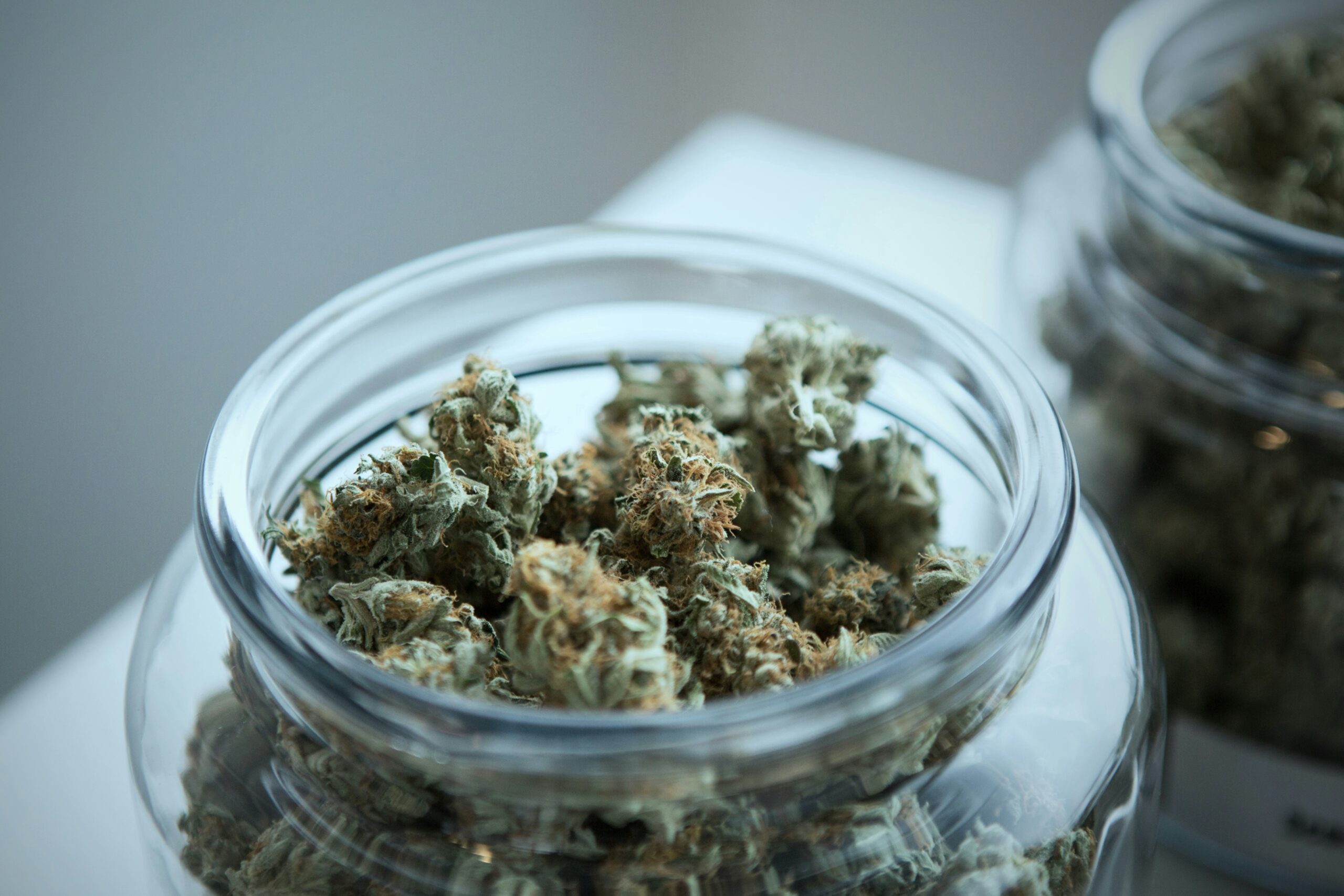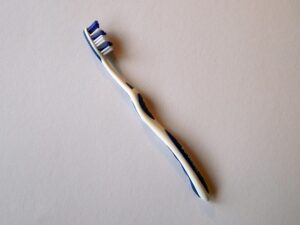Testing employees for marijuana use is quite normal, since it is one of the most commonly used recreational drugs. And testing positive usually has negative consequences like getting fired or not being hired at a new job. But does drug testing for medical marijuana users follow the same rules? Let’s dive deeper to find out more.

Are Medical Marijuana Users Exempt From Drug Testing?
Federal Level: Marijuana is a Schedule I controlled substance and therefore cannot be used by government service (GS) civilian employees. This includes the Armed Forces, Department of Defense, Department of Veteran Affairs, Department of Homeland Security, Department of Transportation (DOT) and the USPS, among others. These rules also apply to those working as federal contractors. Additionally, employers who receive federal funding must comply with the Drug-Free Workplace Act, which mandates a strict no-tolerance policy for drug use, including medical marijuana1.
State Level: Many states have legalized or decriminalized marijuana use. However, even if you live in a state that has legalized cannabis, you are still not allowed to use it if you are a federal worker. However, if you are not a federal worker, some states are beginning to enact laws to where drug testing cannot be used as a determining factor for new or continued employment. Safety sensitive jobs like operating heavy machinery, driving, healthcare and law enforcement, among others, may be an exception.
There is not always a clear cut answer as to whether a medical marijuana user will need to be drug tested. This will depend on federal/state laws, career field and individual circumstances.
Can Drug Testing Measure THC Impairment?
One of the primary reasons for drug testing is to avoid employees becoming impaired and unable to fulfill their job duties safely. However, a challenge with testing is that most tests only detect the presence of THC metabolites, not actual impairment. Consequently, THC can remain in the system for days or weeks after use, long after the psychoactive effects have worn off.
This makes it very difficult for employers to determine whether an employee is impaired while at work or simply has residual THC from prior use. Research is underway to find efficient methods to measure this impairment.
Best Practices for Employers
1. Update Workplace Drug Policies
Employers should regularly revise their drug-free workplace policies to:
- Clearly outline rules regarding medical marijuana use.
- Specify how the company will handle positive drug tests for medical marijuana users.
- Define what constitutes impairment on the job.
- Include a process for employees to disclose medical marijuana use confidentially if necessary.
2. Consider Reasonable Accommodations
Some employers may choose to provide reasonable accommodations for medical marijuana users, particularly if the employee is not in a safety-sensitive role. This might include:
- Reassigning tasks that don’t pose safety risks.
- Allowing flexible schedules if medical marijuana is used off-duty to manage a condition.
3. Train Supervisors
Supervisors should receive training on:
- Recognizing signs of impairment (rather than relying solely on drug tests).
- Handling situations involving suspected drug use professionally and legally.
- Understanding the company’s drug policy and how it interacts with medical marijuana laws.
4. Use Impairment Testing Tools
Emerging technologies are being developed to measure real-time impairment (similar to alcohol breathalyzers) rather than just THC presence. While not yet widely adopted, these tools may offer more reliable assessments in the future2.
5. Respect Privacy
Drug testing, especially random testing, can raise privacy concerns among employees. Employers must ensure that their testing procedures are non-discriminatory, consistent, and respect employee confidentiality.
Employee Considerations: Rights and Responsibilities
Medical marijuana users should be aware of the following:
- Disclosure: While not always legally required, disclosing medical marijuana use may be beneficial in certain circumstances, especially if requesting an accommodation.
- Understand Company Policy: Employees should review their company’s drug policy and seek clarification when needed.
- Legal Protections: Degrees of legality vary by state. Consulting with an employment attorney can help employees understand their rights.
Detection Windows For Medical Marijuana
Urine Testing
- Detection Window: 1–30 days depending on usage frequency.
- Common Cutoff Levels: 50 ng/mL (screening) and 15 ng/mL (confirmatory).
Blood Testing
- Detection Window: Up to 12 hours for THC; longer for metabolites.
- Advantages: Can indicate more recent use, but not exact impairment levels.
Saliva Testing
- Detection Window: Up to 72 hours.
- Advantages: Less invasive and detects recent use.
Hair Testing
- Detection Window: Up to 90 days.
- Limitations: Does not reflect recent use; is more about long-term patterns.
Conclusion
Workplace drug testing for medical marijuana users is a complex issue that intersects with legal, ethical, and safety considerations. Employers must balance maintaining a safe work environment with respecting employee rights and complying with state and federal laws. Regularly updating drug policies, training management, and staying informed about legal developments are essential strategies for navigating this evolving landscape.
References
- Drug Enforcement Administration (DEA). (2023). Controlled Substances Act. Retrieved from https://www.dea.gov/drug-scheduling
- National Institutes of Health (NIH). (2022). Cannabis and Cannabinoids Research Report. Retrieved from https://www.nih.gov/cannabis-research











